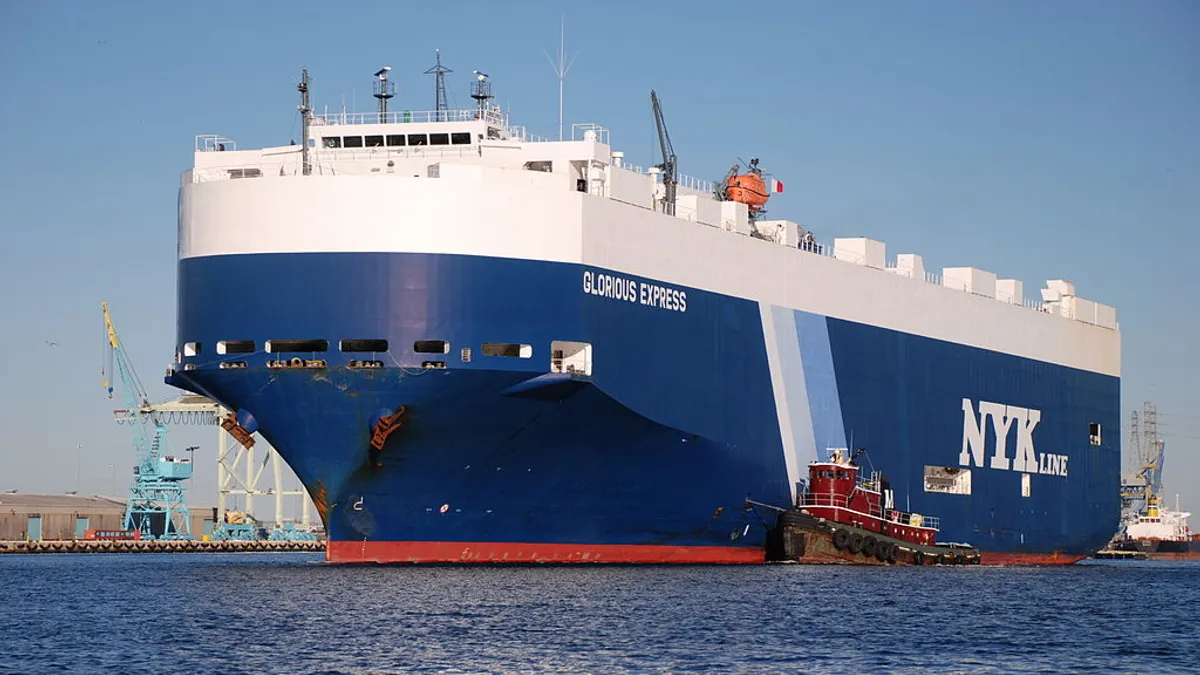Dive Brief:
- The Federal Maritime Commission (FMC) has found no evidence of price-fixing by any of the newly formed shipping alliances, according to The Wall Street Journal.
- Shippers fear the industry consolidation is driven partly by a desire to drive up freight rates and decrease competition, but the FMC head told the Journal the alliances are necessary for the shipping industry's survival.
- Although two of the alliances have already been approved by the regulator, the FMC reserves the right to annul agreements or bar shipping lines from reaching U.S. ports if anti-competitive practices are discovered.
Dive Insight:
Shippers have a right to be concerned over the price effects of industry consolidation, but in a speech to the World Shipping Summit 2016 FMC Chairman Mario Cordero asked shippers to consider the implications of a devastated industry on pricing needs.
Allegations of price fixing are not new or uncommon. Just as shippers must understand prices cannot stay low forever, carriers must also work to provide greater transparency over pricing practices. A common complaint against carriers is that surcharges are willfully added, leading to strained relations.
But while a covert plan to fix shipping rates in the current climate might appear plausible, the sinking condition of so many previously prosperous lines makes the such a crime unlikely at best. In fact, competition between the transport-heavy seas has deflated shipping prices to such an extent that it's now acknowledged to be yet another contributor to the industry's troubles.
For the shipping industry to survive, not only must alliances and partnerships continue, but pricing for cargo transport must rise in accordance with capacity. The adage "sink or swim" cannot be applied to an entire industry when that industry is still vitally necessary. Concern over price fixing must evolve into concern over industry survival.













